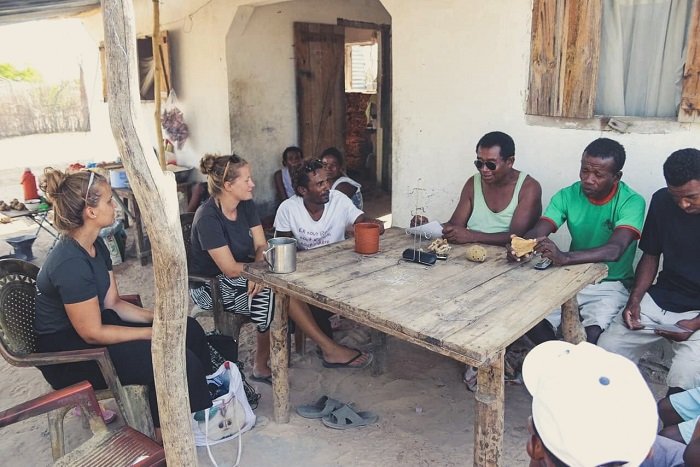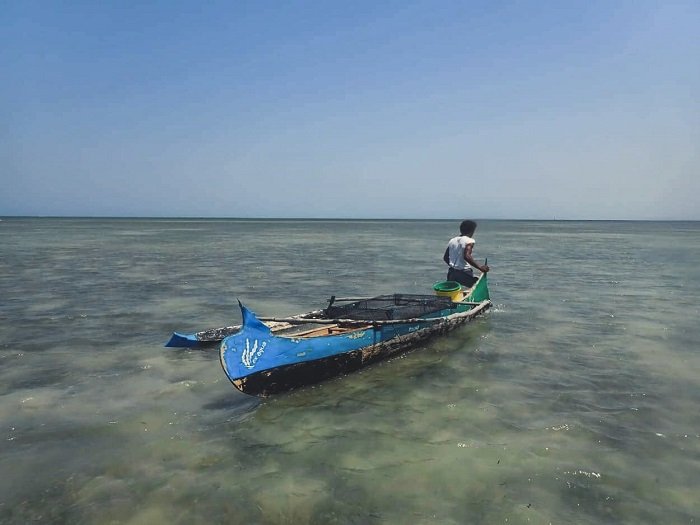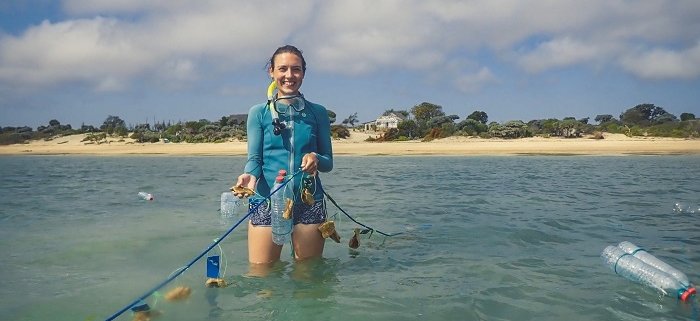Ex aqua – Implementing Sustainable Ocean Farming in Ifaty
We recently welcomed back our aquaculture partners, ex aqua, to collaborate further on the development of an ocean farming concept for the sustainable cultivation of sponges and edible algae in Ifaty. In this blog, ex aqua member Timon Burger introduces the project and tells us what they have been up to over the last few months in Ifaty.
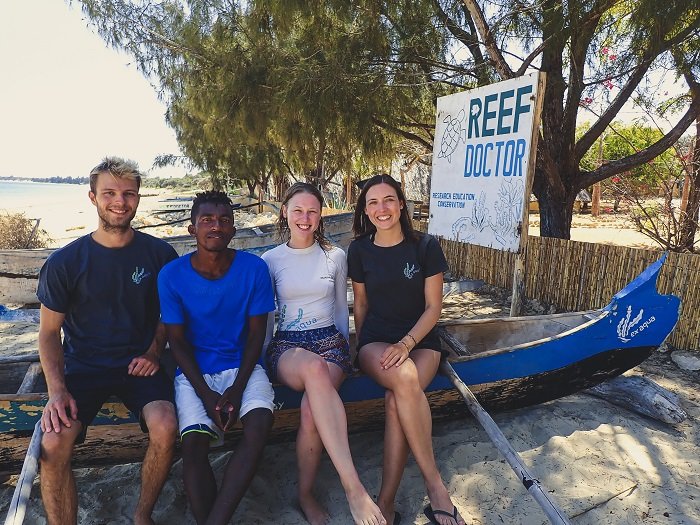
“Ex aqua is a project from Aachen, Germany, which was initiated by students who are currently staying at Reef Doctor for the third time. The project was founded in 2017 as part of the international student organisation Enactus. Anna, who founded the project together with two fellow students, had read about ocean farming online. As a passionate scuba diver, she was inspired to start her own project for the cultivation of marine organisms. With the aim of helping people in disadvantaged regions of the world, they started looking for a suitable location. Eventually, the decision fell upon Madagascar as one of the poorest countries in the world. But no project can start off without good partners! Luckily, we found Reef Doctor who are not only providing us with accommodation, food and the necessary infrastructure to work in Ifaty, but also support us in all our project activities.
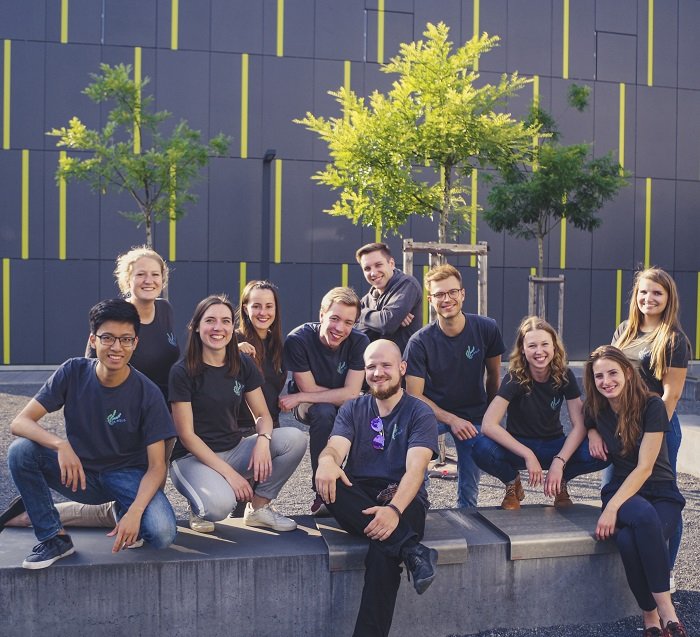
So, what exactly are we trying to do with ex aqua? Well, the concept is simple. We take products from the sea and try to sustainably cultivate them in our systems. In the long term, the farms are to be maintained completely by the locals. Thus, the livelihoods of the Malagasy people can be significantly improved by providing a stable source of food and income. The majority of people in Ifaty rely on earnings from fisheries. Unfortunately, due to overfishing, many fishermen are no longer able to provide a sufficient livelihood solely based on fishing. Therefore, our concept can fill this gap by providing a second source of income.
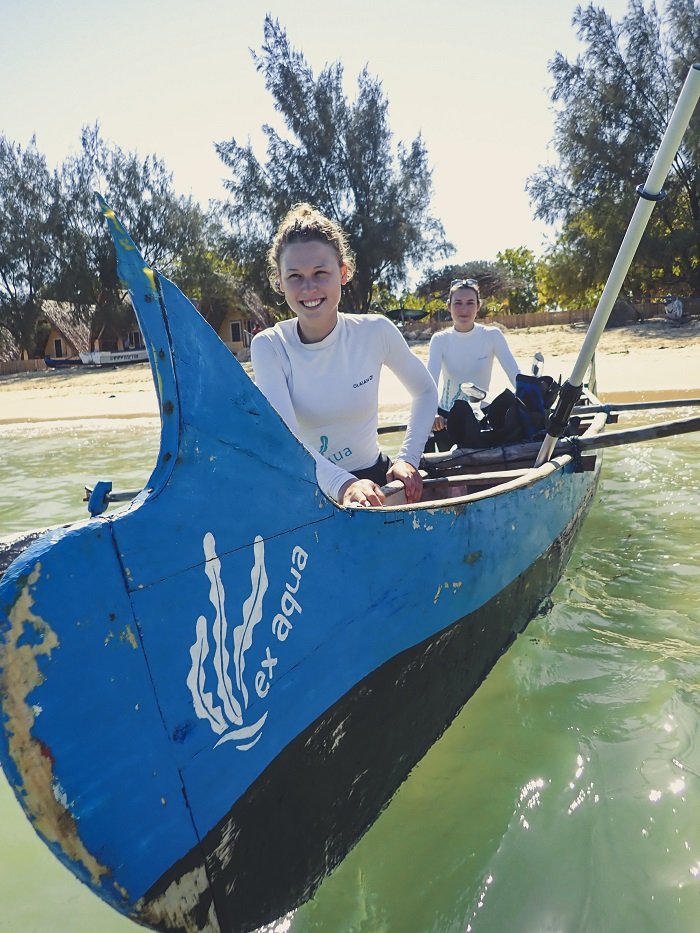
Our first two trips were mainly about finding out what we can and want to do in our project. With just the idea of ocean farming in mind, the first group of students travelled to Ifaty and tested two different organisms. After experimenting with mussels and oysters, those ideas were discarded, and the focus shifted to edible algae and sponges. In the Bay of Ranobe, located just at the gates of the Reef Doctor camp, an algae called Caulerpa lentillifera grows between larger patches of seaweed. It is also known as sea grapes or sea caviar for its appearance and taste. The algae is rich in nutrients such as calcium and magnesium and thus has great potential to enhance the diet of the Malagasy people. Sea sponges can be processed into bath sponges and then sold to tourists. This provides an additional, stable income for the locals.
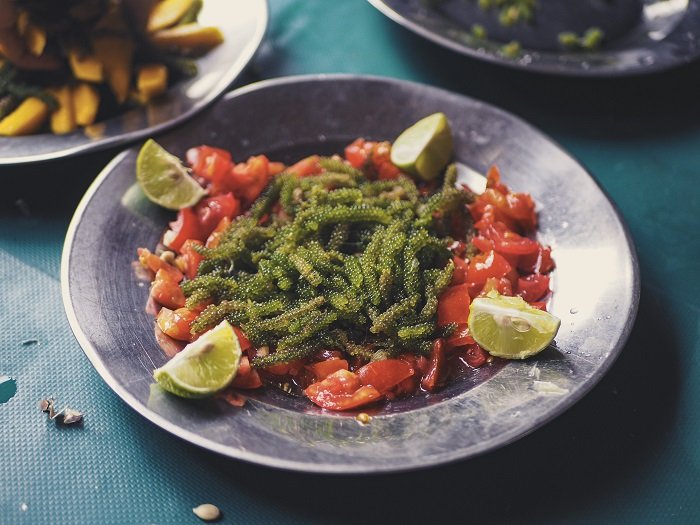
Having defined the specifications and goals of our project, the difficult part is not over yet, but has just begun! Developing a functioning farming system is not as easy as it might sound, since the ocean and its inhabitants can be really unpredictive at times. This is what our current trip to Madagascar was for: developing our first nursery farm for sponges and algae. As we are no specialists in marine biology, we reached out to experts all over the world, who successfully undertake ocean farming activities. One of them is marinecultures.org located in Zanzibar. They have successfully implemented sponge farms and empowered local women to take care of them. Madlen and Lilia, two of our team members, visited their farms two weeks prior to their trip to Madagascar. They learned everything about sponge farming and how to overcome the difficulties in the beginning phase of such a project, enabling a knowledge transfer to our project site in Ifaty.
After that experience, the team arrived in Ifaty in mid-September. One major goal that they had set after their stay at Zanzibar was finding the right sponge species. There are more than 7500 different species of sponges in the ocean, of which not all are suited for personal care. Some types are too soft and thus fall apart easily while others have tiny spikes which make them unsuitable for bathing. Consequently, one of our main activities was screening the ocean for new sponge types that look promising. Reef Doctor employees and volunteers were of great help on our search due to their familiarity with marine life thanks to their diving experience. Equipped with masks and snorkels, we went out on sponge hunt and collected hundreds of specimens of more than a dozen different species.
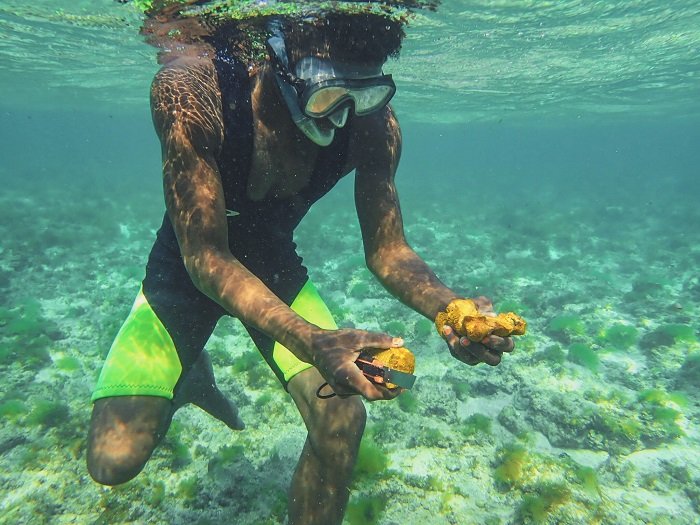
The sponges collected during the sponge hunt were then applied to our two farms, that we have set up together with Pepin from Reef Doctor and our local employee Celestine. The farms have a simple setup, consisting of ropes and old water bottles collected in the camp. Our farms are also home to the algae we are trying to grow. Concerning the algae, our difficulties don’t lie in finding the right species, since our seagrapes seem to have perfect properties. But rather, figuring out the right farming method is not as easy as we thought. Our first cultivation attempts during our first and second trip were not quite successful, since the algae died after a few weeks. So on this trip, we trialled as many options as possible. We experimented with growing them in cages, in ponds and bottles. And for the first time, after a long period of trial & error, we could detect significant growth of our algae! That was a well-deserved silver lining after months of puzzling and headaches.
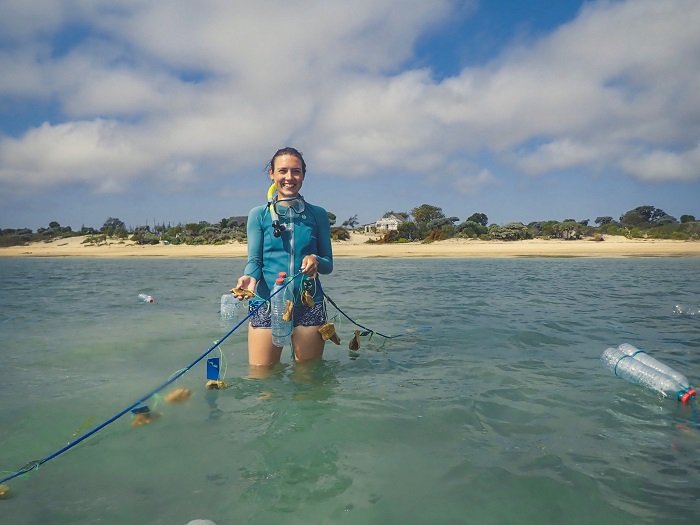
Now, our stay is once again coming to an end and we start to reflect on our project, what we have achieved and what we can expect from the future. With our algae doing well, our outlook is optimistic, but we still have to monitor them for a longer period in order to have a reliable database. Anna, who is currently in Ifaty with the last team, will travel around Madagascar and return to the project site after two months to see how our organisms have developed. The same applies to the sponges: we have found a species that might work, but there is still some experimentation left to do. What we have learned is that we have to incorporate local people more into our project. A time-intensive project like ours relies on people who live on site and that can supervise the farms over a longer period. Reef Doctor with its strong relationship to the villagers provides a great opportunity to implement this.”
